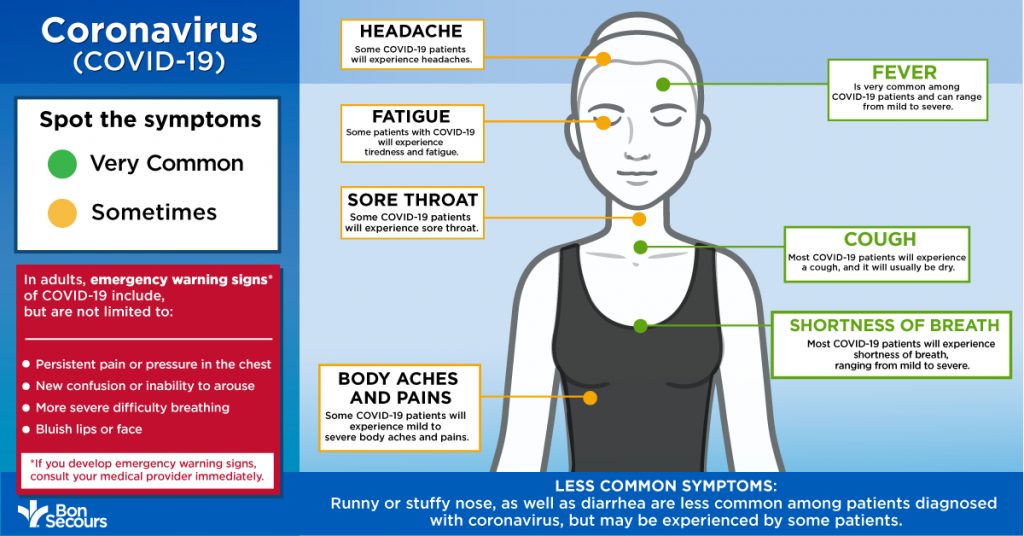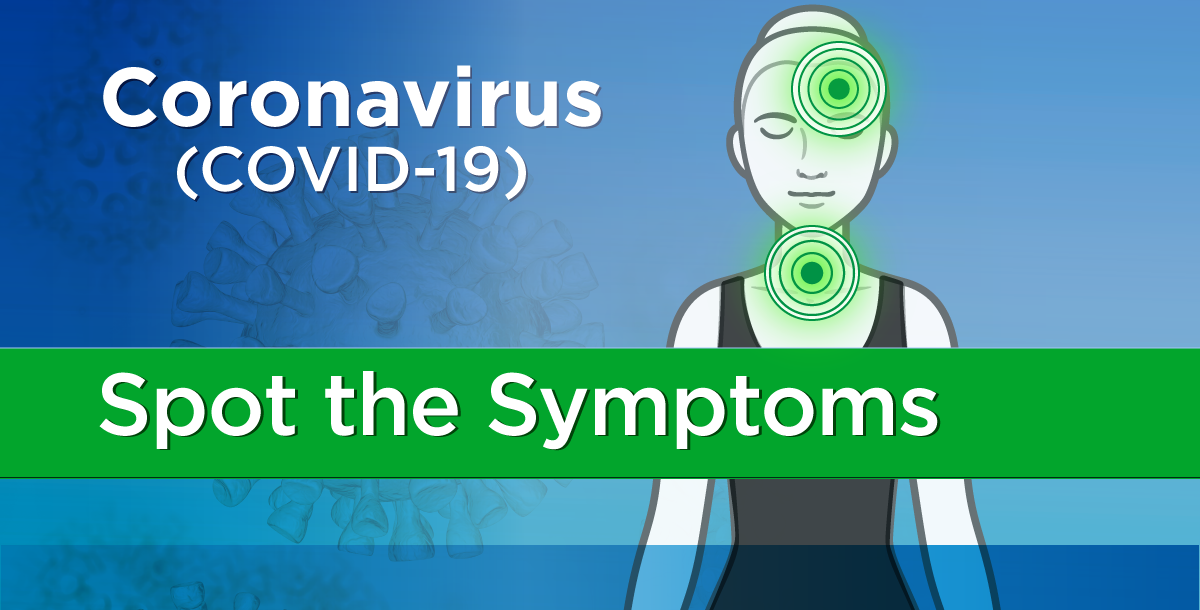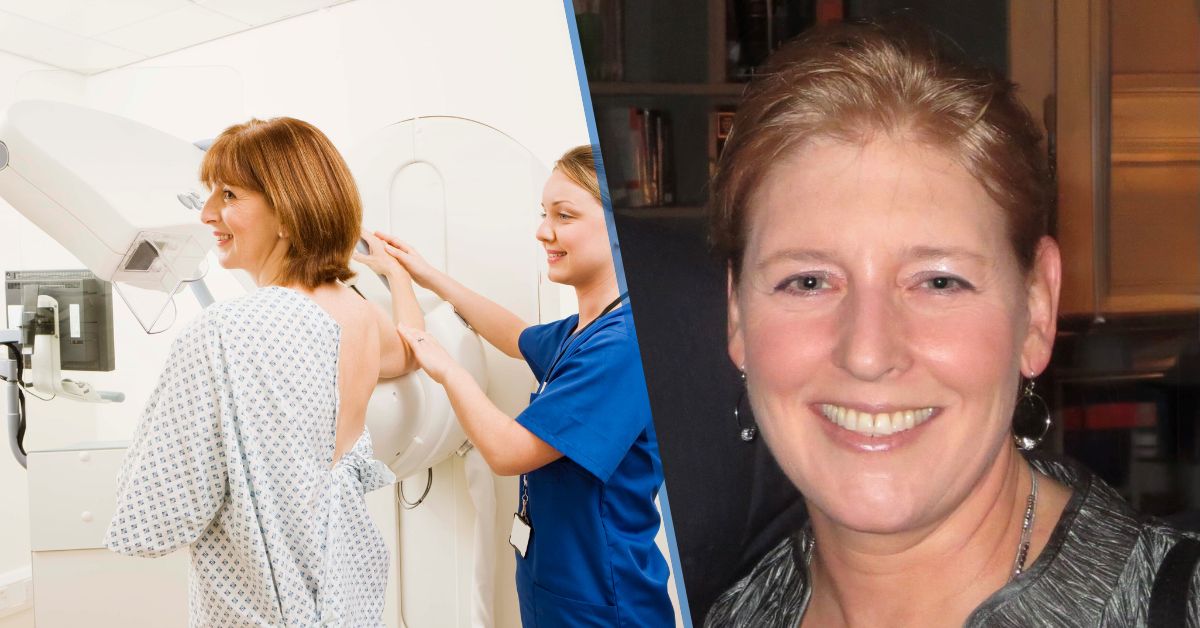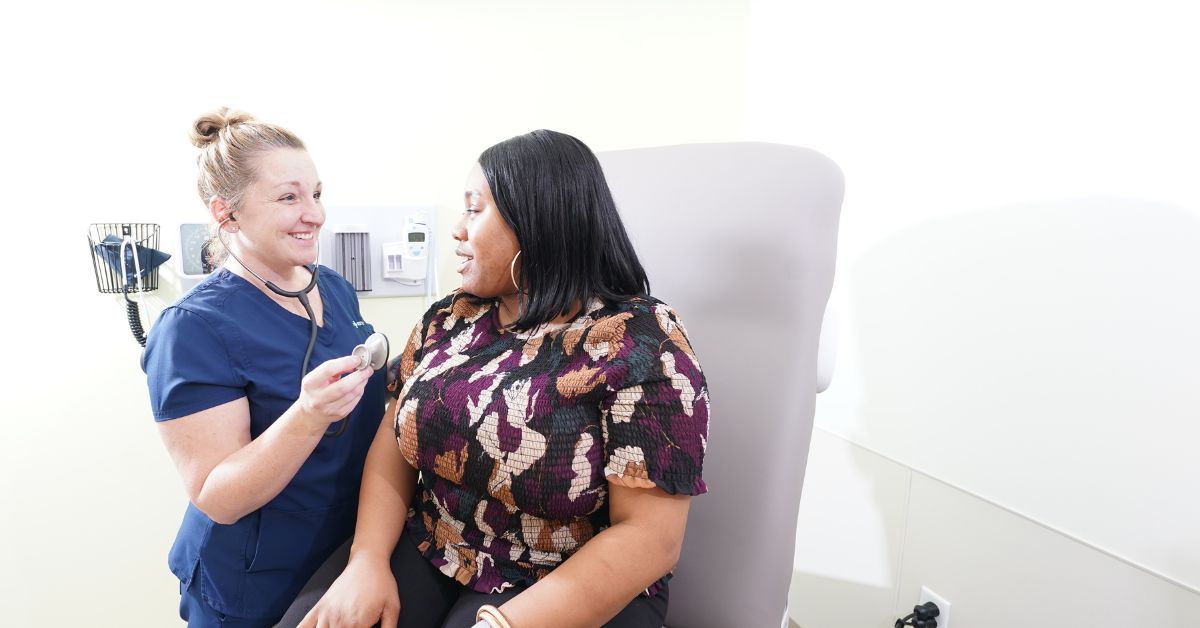There’s a lot of false information circulating online about coronavirus symptoms. It is important to know COVID-19 can present itself in various ways on an individual basis.
To help you out, we’ve created a list of common and less common symptoms of coronavirus. Here is what you need to know.
Common Symptoms of the Coronavirus:
- Shortness of Breath: reported by most COVID-19 patients, ranging from mild to severe
- Fever: ranging from mild to severe in the majority of COVID-19 patients
- Coughing: most COVID-19 patients have a dry cough
Less Common Symptoms of Coronavirus:
-
- Sore Throat: reported by some COVID-19 patients
- Fatigue: feelings of tiredness have also been reported by some COVID-19 patients
- Body Aches & Pains: some COVID-19 patients experience them, ranging from mild to severe
Very Uncommon Symptoms of Coronavirus That Some May Experience:
-
-
- Diarrhea
- Runny or Stuffy Nose
Urgent Coronavirus Warning Signs in Adults:
-
-
- Consistent chest pain or pressure
- Confusion or unresponsiveness
- Serious breathing difficulties
- Blue colored lips and/or face
If you are experiencing any of these as well as other severe symptoms, consult your medical provider immediately.
What should I do if I have questions or believe I have flu or coronavirus?
If you believe you may have the flu and need medical attention, please call your doctor.
If you have general questions about coronavirus in your community, contact your local department of public health:
-
-
- Florida Department of Health: 866-799-6121
- South Carolina Department of Health: 855-472-3482
- Kentucky Department of Health: 800-722-5725
- Virginia Department of Health: 800-533-4148
- Maryland Department of Health: 877-463-3464
If you are concerned that you or a family member have been exposed or are experiencing symptoms, call your primary care provider. Additionally, if you have access to a nurse advice line, you could call that number for information to help you decide where to seek care.
If you are experiencing severe respiratory distress or have a medical emergency, go to your nearest emergency room or call 911.
Stay updated on what Bon Secours is doing related to COVID-19. 




